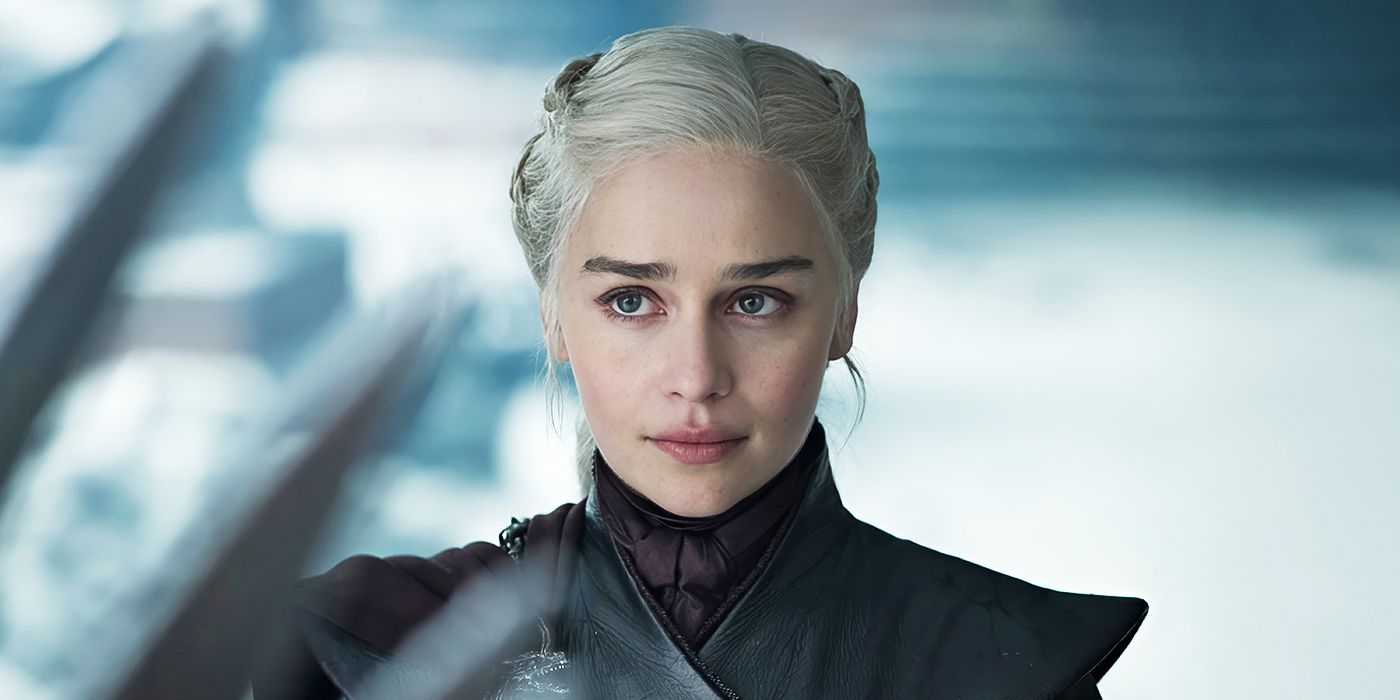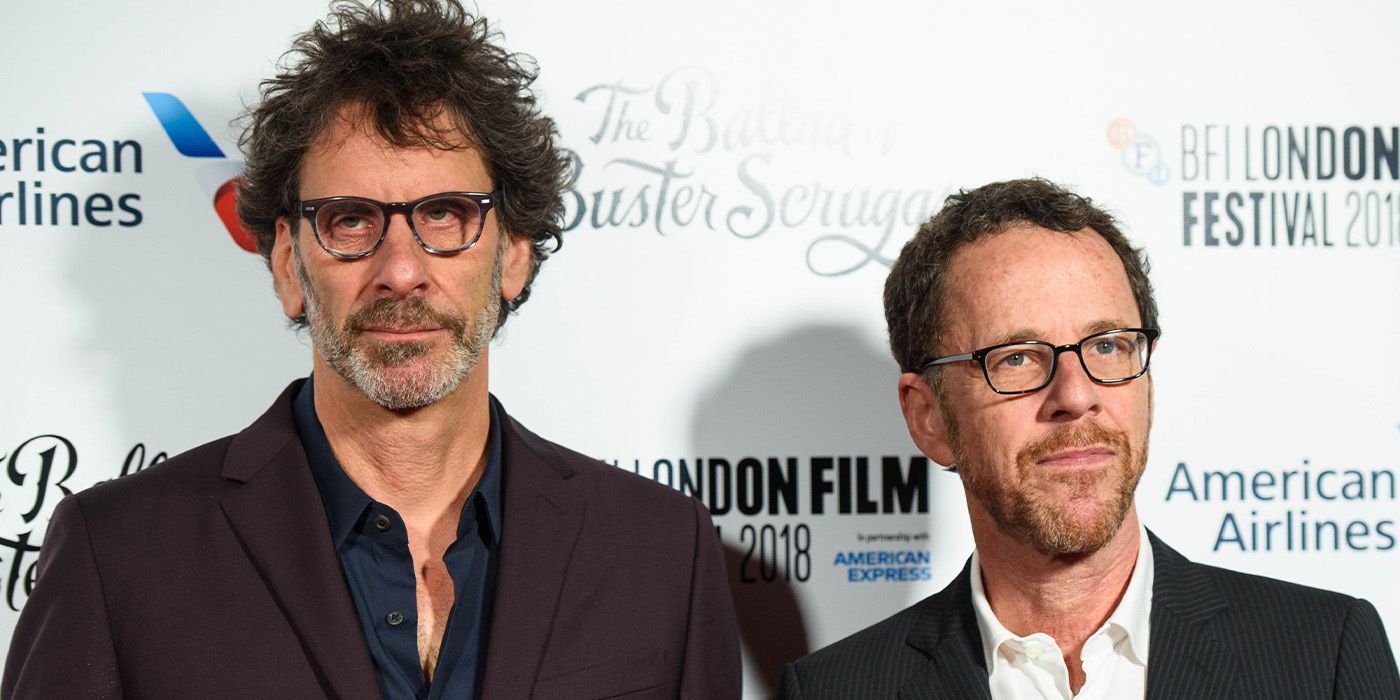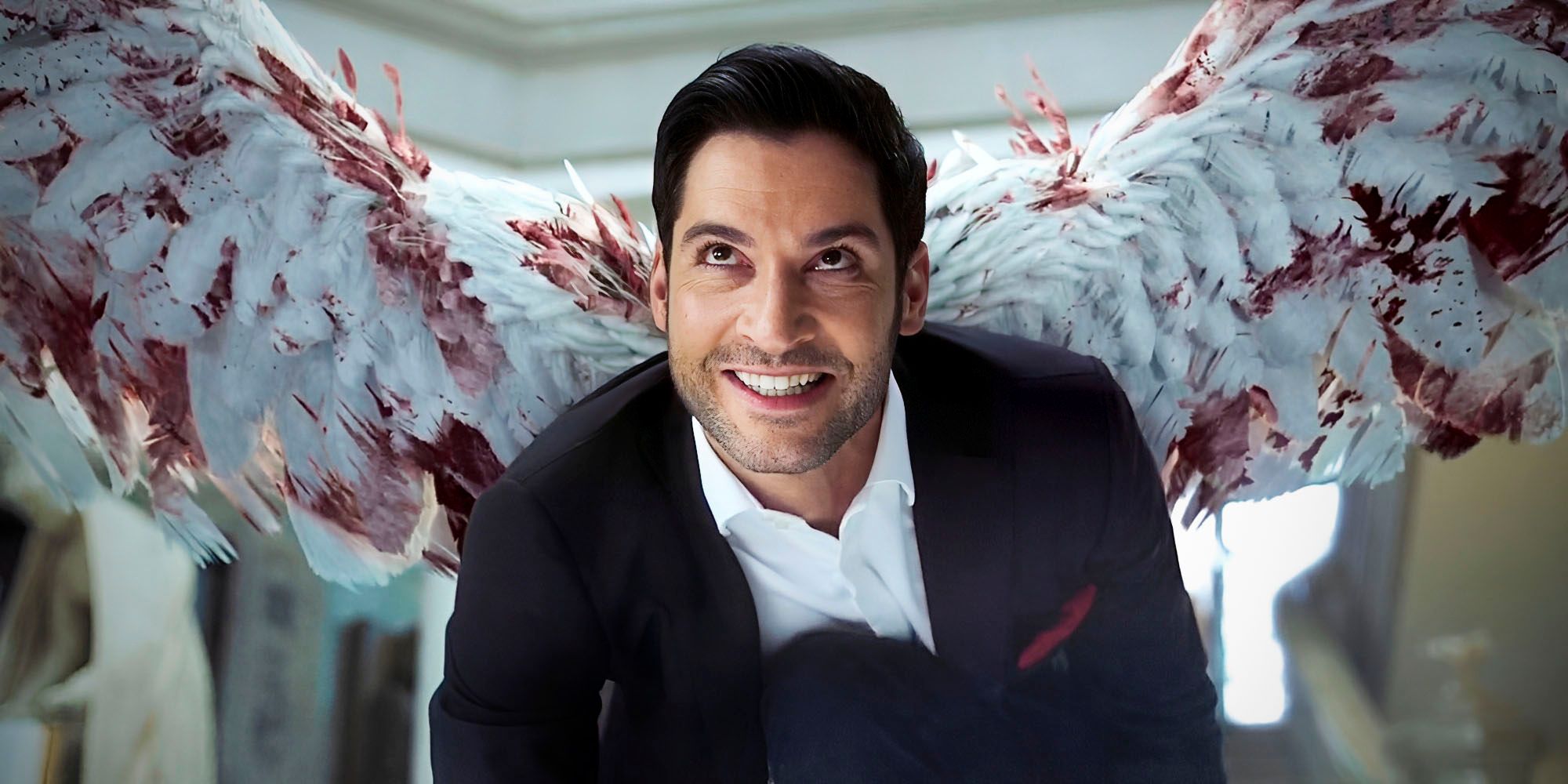
One of the most distinctive actors of his generation has made unabashed commitment to his craft his signature – in Ari Aster he might have met his match.
When Ari Aster melts into praise for Joaquin Phoenix, he often circles back to a single, precise word: vulnerable. Aster's fixation on this quality comes as no surprise, given Phoenix's uncanny ability to embody a near-psychotic level of both emotional and physical fragility; something essential to the worlds of Beau Is Afraid (2023) and Eddington (2025). But this description also points to Phoenix’s broader trajectory. Over four decades, he has refined vulnerability into his most powerful instrument – a portal through which he transforms with unnerving conviction into dark, damaged characters, while its escalating intensity charts a gradual, and at times startlingly beautiful, evolution of his defining trait.
Although by the middle of the 90s Joaquin had already appeared on-screen in several small roles, it was Gus Van Sant’s To Die For (1995) that marked his transition from child actor to fully fledged professional. He chose to no longer go by the pseudonym “Leaf” as he had in his childhood roles, opting to return to his birth name. Breaking into the casting room of the gifted indie director who had worked with his elder brother River on My Own Private Idaho four years earlier (and landing the part of Jimmy Emmett instead of Matt Damon) Phoenix appeared in this vérité-style crime dramedy as a student relentlessly seduced by Nicole Kidman’s ambitious journalist.
Van Sant always knew how to work with the Phoenix brothers, and he placed Joaquin in the exact mould that directors still seek from him today: the extremely vulnerable man, whose broad, dark brows weighed over his bottomless, frightened eyes. Also known for blurring the boundaries between performer and performance, Van Sant drew from Joaquin precisely what he needed most for the character: immaturity, naivety, and above all, a physical self-containment. This inwardness overwhelmed him to such a degree that it drove his hero toward destructive choices – choices that not only define the film’s ending but also foreshadow the drift of his later, wayward characters.
No account can do justice in explaining the further evolution of Phoenix. Appearing in dozens of films, he followed the trajectory natural to any talented actor – showcasing the range by playing in: historical dramas, biopics, blockbusters, romances and art house. The emotional vulnerability of his heroes in love, pain, jealousy, abandonment, or dejection – etched across endlessly sad eyes and a yearning voice – was powerful enough to win him adoration. Yet the roles shared echoes that felt impossible to ignore. For instance, in both Paul Thomas Anderson’s The Master (2011) and Lynne Ramsay’s You Were Never Really Here (2018), the actor inhabits a figure of a deeply traumatised veteran in danger. What distinguished these two of his most acclaimed roles was the way his physical appearance became fused with mental fragility: thin and unhealthy in the former, aggressively bulky and masculine in the latter.
The point of no return came when Joaquin began consciously giving his vulnerability a more physical form. Tears and hunched shoulders culminated in the extreme expression of his dazzling, career-defining turn in Joker (2019) – where, for the first time, Phoenix, putting his body at real risk, achieved a perfect equilibrium between psychological depth and physical rigour, earned his first Oscar, and, perhaps, narrowed future plans.

Looking at his last four projects, it seems that Phoenix perfected his precise working formula – hyper-ambitious, complex-to-realise films from directors he has worked with before, who also have the luxury to enjoy both studio trust and a degree of creative freedom. While this applies to Todd Phillips, it seems more relevant to his collaborations with Ari Aster as he plays two different roles rather than reprising one. The magnetism to fear, shame, and neurosis makes Aster and Phoenix an ideal match – a collaboration that reveals startling new dimensions of both their talents. In the surreal Freudian tale Beau Is Afraid, Phoenix plays a man psychologically shattered by his mother, struggling to reach her while traversing the shifting landscapes of his tormented mind. Exposing a sensitivity that verges on the paranoiac level, captured in relentless close-ups, he also delivers physically demanding sequences reminiscent of Buster Keaton – sprinting through forests in pyjamas under gunfire, radiating the existential dread that underpins every Aster narrative.
Those ideals would unlikely have come to life if precisely Joaquin hadn’t shown such dedication and trust in this truly insane idea. The same applies to Ridley Scott’s epics, where Joaquin, having once played the petulant, infantile emperor in Gladiator (2000), returns to collaborate with the director on long-dreamed Napoleon (2023), dissolving into a heavier, more solemn figure, shaped through gestures, glances, and speech patterns, surrounded by the massive set. Similarly, his return to Joker: Folie à Deux (2024) involved yet another extreme transformation, now incorporating singing and a hint of romanticism alongside his already dramatic weight fluctuation in those years. Beau is Afraid, Napoleon and Joker: Folie à Deux, with their grand ideas and not always realistic expectations of audiences, demanded large budgets and the full commitment of actors, but ultimately faced mixed critical reception and underwhelming box office results. Nevertheless, Phoenix chose to work with Aster again, signing on to Eddington in 2023.
In the world of Eddington’s mental collapse, Phoenix plays a sheriff worn down by the rules of Covid, who decides to assert his own version of the truth. While Beau is Afraid demanded an immediate physical and psychological extremes, here all begins with the exposure of deep fear and social humiliation, which, in synchronously with the film, goes nuts, making Phoenix run through complicated mise-en-scènes in full madness, escaping his own death, and trying to realise Ari’s aspiration anew.
Beyond the fact that his performance in his latest films often surpasses the ideas envisioned by directors, there is something deeper connecting them: the director’s access to freedom on set, earned through trust built from past success. In return, he can improvise in crucial scenes, rewrite the script alongside the director, or suddenly begin yelling on set to push himself into a needed condition, and everywhere, undergo physical changes and challenges. Joaquin is also often described as an actor who trusts his intuition. While this is usually said of his performances, it seems to shape his choice of roles too, giving him the freedom to make sudden, dramatic decisions – like his infamous last-minute drop-out from Todd Haynes’s gay western romance, pulled just five days before filming, a move the actor later explained as ‘cold feet’.
For Joaquin, the often vague idea of creative freedom translates into a straightforward liberty on set – an openness to rawness and intuition, the very qualities he revealed in himself under an indie director, when his vulnerability was at the beginning of the evolution. Though he no longer appears in films by emerging directors with low budgets, he seems to search for those that retain a touch of independence, in directors’ openness to risky experiments and in moments where Joaquin can be spontaneous. In order to maintain his devoted acting approach to character study and physical transformation, Joaquin continues an active search for a visionary director who’s willing to go to new places with him. Phoenix’s decision to reunite with Aster so soon appears to reflect the very qualities that define their collaboration. In interviews, Joaquin speaks of Aster as a very strict director who, in an era when everything must be predetermined, is talented enough to allow himself to be spontaneous. In return for these luxuries, Phoenix is willing to offer his extreme vulnerability.
The post The extreme vulnerability of Joaquin Phoenix first appeared on Little White Lies.













 Bengali (Bangladesh) ·
Bengali (Bangladesh) ·  English (United States) ·
English (United States) ·